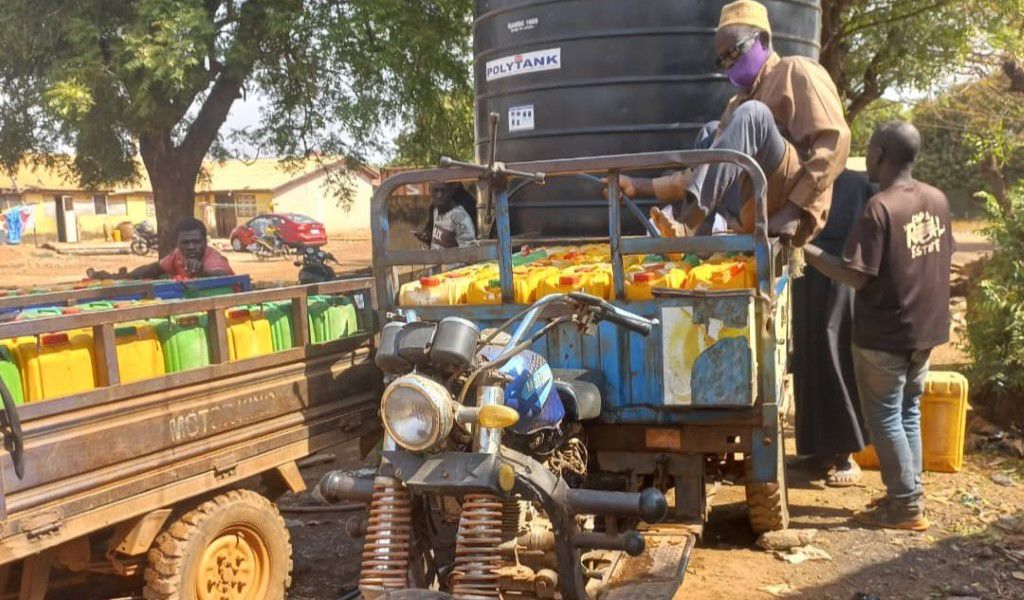Food, water, and shelter have long been regarded as basic needs of life, especially since Abraham Maslow popularized his theory of needs. However, many have questioned whether Maslow had he spent a day in Tamale—particularly at the University for Development Studies, Tamale Campus—would have still included water as a basic need.
The northern region of Ghana, particularly the city of Tamale, is grappling with a severe water shortage crisis, exacerbated by the shutdown of the Dalun treatment plant. This facility, a crucial water source for Tamale and its surrounding communities, is currently offline due to maintenance work and the failure of key equipment, including essential water pumps.
The water crisis has had a profound impact on residents, including students at the University for Development Studies (UDS), whose ability to pursue their studies is being hindered by the ongoing shortage. Reports indicate that a gallon of water now costs approximately 4 Ghana cedis on campus, a significant increase that has made access to water unaffordable for many. The scarcity extends to sachet water, a common drinking source, which has become both rare and costly.

The ramifications of this shortage are being felt across the community. Residents struggle to obtain clean water for basic needs such as drinking, cooking, and sanitation. Additionally, businesses, particularly bakeries and food vendors, have had to scale back operations or shut down entirely due to insufficient water supply.
Concerns over health are rising as well, with reliance on unsafe water sources, increasing the risk of waterborne diseases like cholera, typhoid, and diarrhoea. Educational institutions face disruptions, with many schools reporting challenges in providing students with access to water.
In response to the crisis, the Northern Regional Minister, Adolf Ali John, held an emergency meeting with representatives from Ghana Water Company Ltd (GWCL) to address the situation. GWCL has acknowledged the impact of the Dalun treatment plant’s shutdown due to equipment failure, stating, “The shutdown led to reduced water supply, impacting production capacity.” They anticipate that full restoration of water supply will occur by April 4, 2025.

As of today, April 8, 2025, the affected communities, including Sagnarigu, Gumani, Gurugu, Kukuo, Tuutingli, Lamashegu, Koblimahigu, and Jakarayili, are still awaiting immediate solutions to the crisis.
The people of Tamale, including students, are calling on the government and relevant authorities to take swift action. Suggestions for addressing the water shortage include the development of alternative water sources such as boreholes, wells, and rainwater harvesting systems, as well as improvements to existing water infrastructure to reduce losses and enhance efficiency.
As the community continues to face this pressing issue, the urgency for lasting solutions becomes clearer. The hope remains that with concerted efforts, the water crisis in Tamale can be alleviated.